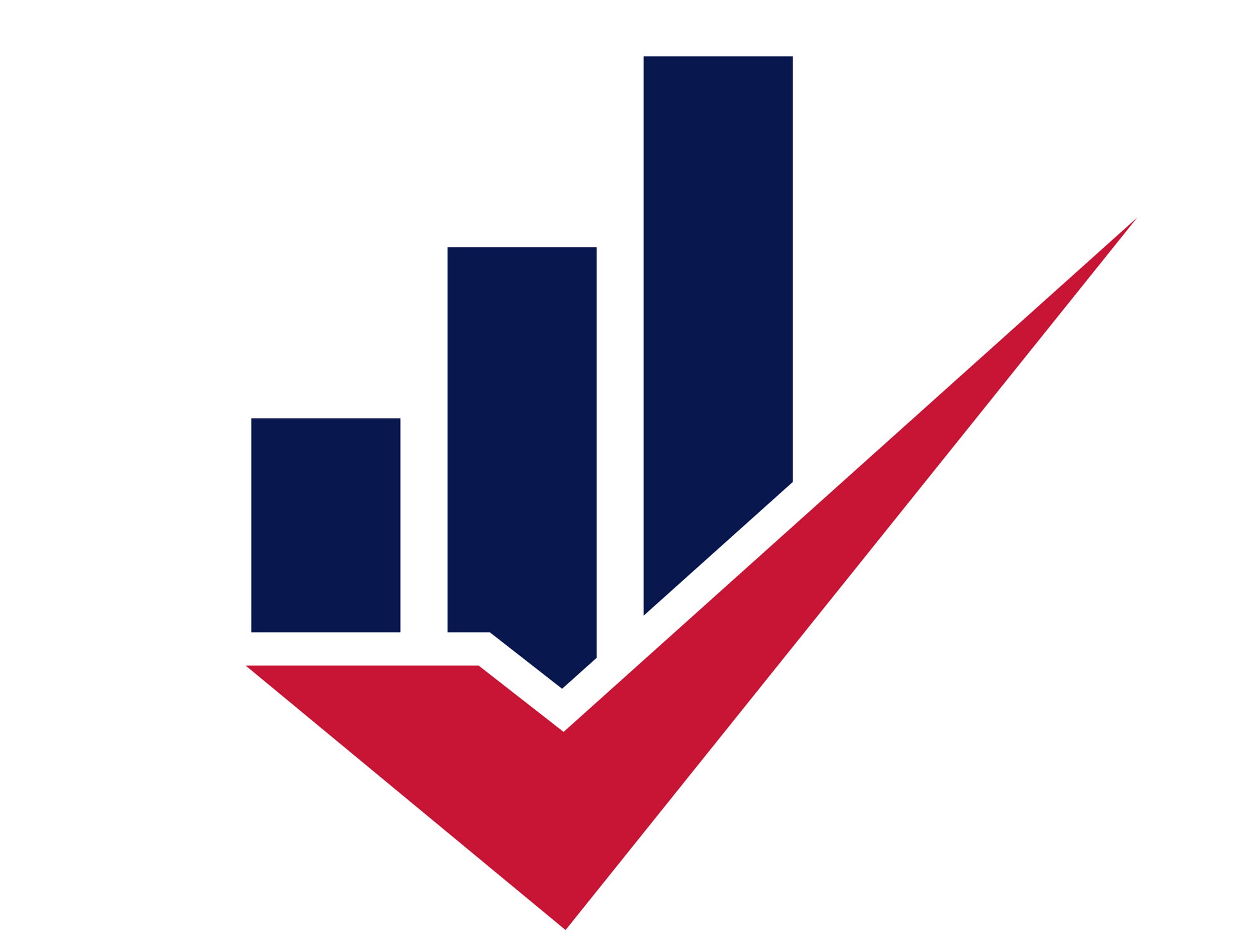The "One Big Beautiful Bill Act": What You Need to Know About the Historic 2025 Tax Law Overhaul

The "One Big Beautiful Bill Act": What You Need to Know About the Historic 2025 Tax Law Overhaul

The “One Big Beautiful Bill Act” (OBBBA), signed into law on July 4, 2025, is the most comprehensive rewrite of U.S. tax law since the Tax Cuts and Jobs Act of 2017. The legislation enacts a broad range of permanent extensions, new provisions, and enhanced deductions affecting individuals, families, and especially small businesses. Below is a concise summary of what’s inside—and how it could affect you.
1. Lower Tax Brackets Locked In
The OBBBA makes permanent the reduced tax brackets set by the TCJA, which were scheduled to revert back in 2026. This extension means that lower rates continue for households and business owners, providing greater certainty and ongoing savings.
2. Substantial Standard Deduction
Increases Standard deductions rise significantly for 2025: • Single filers: $15,750 • Head of Household: $23,625 • Married Filing Jointly: $31,500 These figures are subject to annual inflation adjustments, ensuring continued relief for taxpayers.
3. Bonus Depreciation Restored and Expanded
Businesses can once again claim 100% bonus depreciation for qualified assets. This allows immediate expensing of equipment, software, and many improvements in the year purchased, freeing up cash for investment.
4. Section 179 Expensing
The Section 179 deduction limit is doubled, increasing to $2.5 million—with a phaseout threshold beginning at $4 million—allowing businesses to instantly deduct a greater amount of equipment and software purchases. These limits will continue to adjust annually for inflation.
5. Child Tax Credit and Other Individual Relief
• The Child Tax Credit is increased to $2,200 per child (now permanent), indexed to inflation thereafter.
• The maximum adoption credit goes up, indexed for inflation.
• Enhanced deductions for seniors and interest paid on certain vehicle loans.
• Temporary tax-free treatment of tip and overtime income for some workers, with income phaseouts.
6. Qualified Business Income (QBI) Deduction: Now Permanent
Owners of pass-through entities (S corps, partnerships, sole proprietors, LLCs) now benefit from a permanent 20% QBI deduction, significantly reducing taxable business income for millions of entrepreneurs.
7. SALT Deduction Cap Changes
The $10,000 cap on state and local tax (SALT) deductions is suspended for tax years 2026–2029, replaced by a much higher $40,000 cap (increasing by 1% each year through 2029 before reverting). The new cap provides significant but temporary relief, particularly for residents of high-tax states, but includes income-based phaseouts for high earners.
8. R&D and Manufacturing Incentives
• Immediate expensing of U.S.-based research and development (R&D) costs is restored, while foreign R&D expensing remains limited.
• Bonus depreciation enhancements specifically target U.S. manufacturing investments.
• Expanded tax benefits for Qualified Small Business Stock.
9. Why This Law Matters
For businesses: Permanent low tax rates, bigger expensing opportunities, and a permanent QBI deduction encourage hiring, investment, and growth. For individuals and families: Higher deductions and credits mean more money remains in your pocket. Action Steps for Taxpayers
• Business Owners: Review asset purchases to immediately benefit from bonus depreciation and increased Section 179 expensing. Confirm eligibility for the QBI deduction.
• Families: Recalculate your potential tax savings from the increased standard deduction and child tax credit.
• Everyone: Consult a tax professional to optimize your tax strategy and ensure compliance with these new rules.
The “One Big Beautiful Bill Act” locks in major tax relief measures and introduces new opportunities for savings for both Americans and business owners. Staying informed and planning ahead is key to unlocking its historic advantages.
References
1. U.S. Congress. (2025). "One Big Beautiful Bill Act," Public Law No. 118-XXX, July 4, 2025.
2. Internal Revenue Service. (2025). 2025 Standard Deduction and Tax Rate Schedules.
3. Tax Cuts and Jobs Act of 2017, Public Law No. 115-97.
4. Joint Committee on Taxation. (2025). "Estimated Revenue Effects of OBBBA (2025-2030)."
5. Congressional Research Service. (2025). "Key Provisions of the One Big Beautiful Bill Act."
6. Internal Revenue Code §§ 179, 199A, 24 (as amended by OBBBA, 2025).
7. U.S. Department of the Treasury. (2025). "Summary of Tax Law Changes: OBBBA." 8. National Association of Tax Professionals. (2025). "2025 Federal Tax Update: OBBBA.

Find the Right Bookkeeping Solution for Your Business
Starting at (Reg.$299)
$99
Every business has unique financial needs, and we're here to provide the precise support that drives your success.
Let's discuss your specific goals in a no-obligation consultation.










